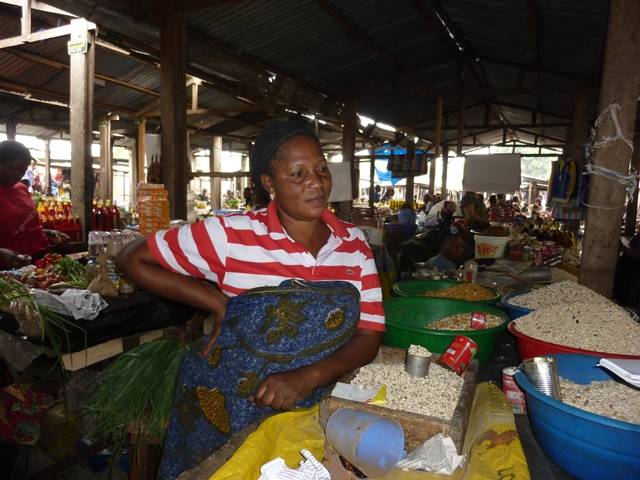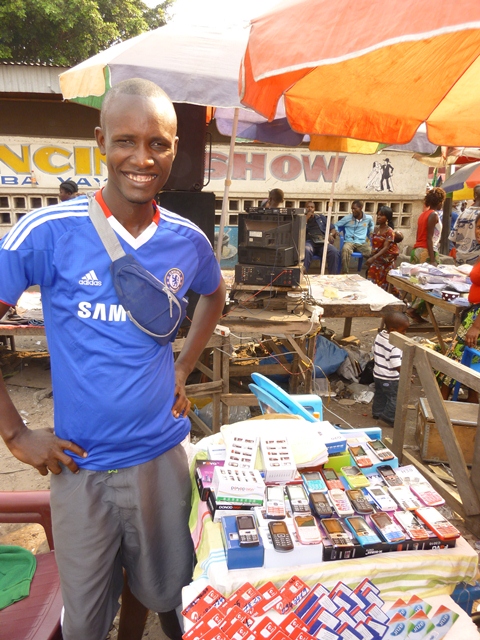The staff of CCT, HOPE’s partner in the Philippines, value savings and seek holistic transformation for families and communities so enthusiastically that they have pioneered a new twist on the HOPE savings model: savings groups for children. CCT savings facilitators have initiated groups for teens, elementary students, and even preschoolers. The idea took shape when mothers requested that their children join groups so they could learn the discipline of saving from a young age, which, like most habits, becomes easier and more permanent.
Archives For Stories we love
Becky Svendsen
Nov 15 2012
Becky Svendsen
Staff / Travels Stories we loveHOPE Intl
Aug 14 2012
By HOPE Intl
Stories we love Working with the poorHOPE Intl
Aug 14 2012


















